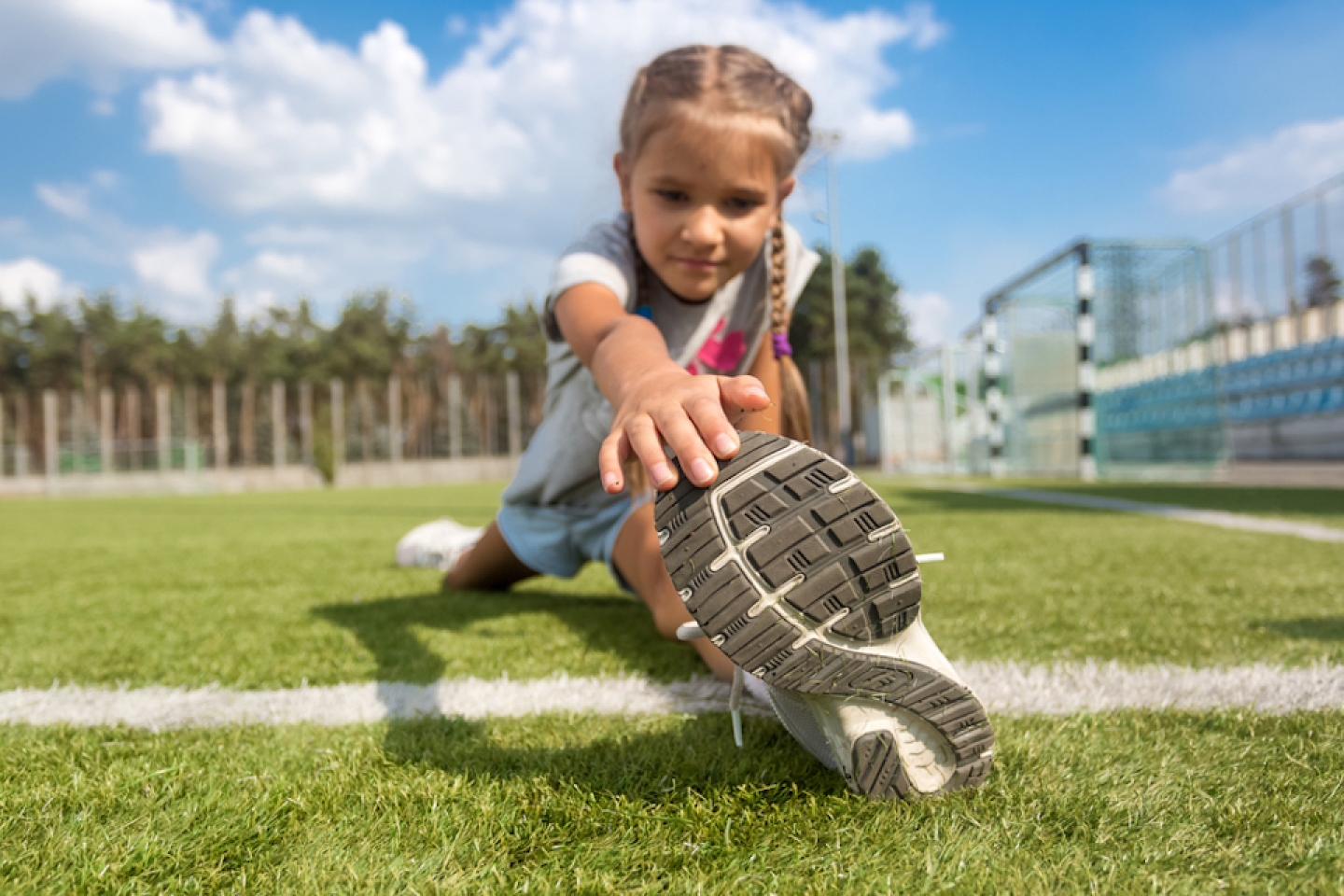
Summer is an ideal time for children to enjoy playing sports, biking, skating, skateboarding, riding scooters and trying something new!
At Weill Cornell Medicine, our physicians at the Department of Pediatrics provide expert, compassionate care to children of all ages. Here, our team offers tips and strategies for children, parents and caregivers to enjoy a healthy, active summer by preventing injuries — specifically head injuries and broken bones.
Barry Kosofsky, M.D., PHD is the the Horace W. Goldsmith Foundation Professor of Pediatrics at Weill Cornell Medicine and the chief of the Division of Pediatric Neurology at NewYork-Presbyterian/Weill Cornell Medical Center.
“A concussion is a blow to the head that somehow impairs function. No two concussions are the same,” explained Dr. Kosofsky. Concussions can occur in any sport or recreation activity at any age — and concussions sustained before puberty may be especially damaging.
Another type of head injury is a hematoma or swelling of the scalp. If the hematoma is inside the skull, it puts increased pressure on the brain, causing brain injury. Neurological abnormalities may result and progress to coma and even death.
Signs of a brain injury may develop immediately or over first 24 to 72 hours:
The best way for children to heal after a concussion is to seek medical attention and rest. Repeat concussions may lead to permanent brain injury, so it is especially important to take precautions after suffering a concussion.
“Most children do not need medical attention or intervention for a concussion.”
Call 911 if you notice the following symptoms, which indicate a severe concussion:
A concussion during childhood or adolescence may have lasting effects. Learn more by listening to an interview with Dr. Kosofsky.
In New York state, children ages one to 14 must wear a certified helmet while bicycling, in-line skating or using a non-motorized scooter or skateboard. Riders wearing helmets have one-third the risk of sustaining a head injury. Helmets help prevent head injuries, including concussions.
As a parent or caregiver, you can encourage helmet use by:
In addition to encouraging helmet use, be sure to teach basic traffic safety, including:
Broken bones (or fractures) are more common during summer months. The best way to prevent broken bones is to supervise children carefully, especially while playing on trampolines and playgrounds.
Despite best efforts, falls and accidents happen. If you believe your child has a broken bone, be sure to:
With these tips, we hope that you and your family have your safest, healthiest and happiest summer yet!
Be sure to learn more about the comprehensive services offered by our Department of Pediatrics and Pediatric Emergency Service. Our pediatricians have earned a reputation for providing excellent patient care and educating families to become healthier and safer.